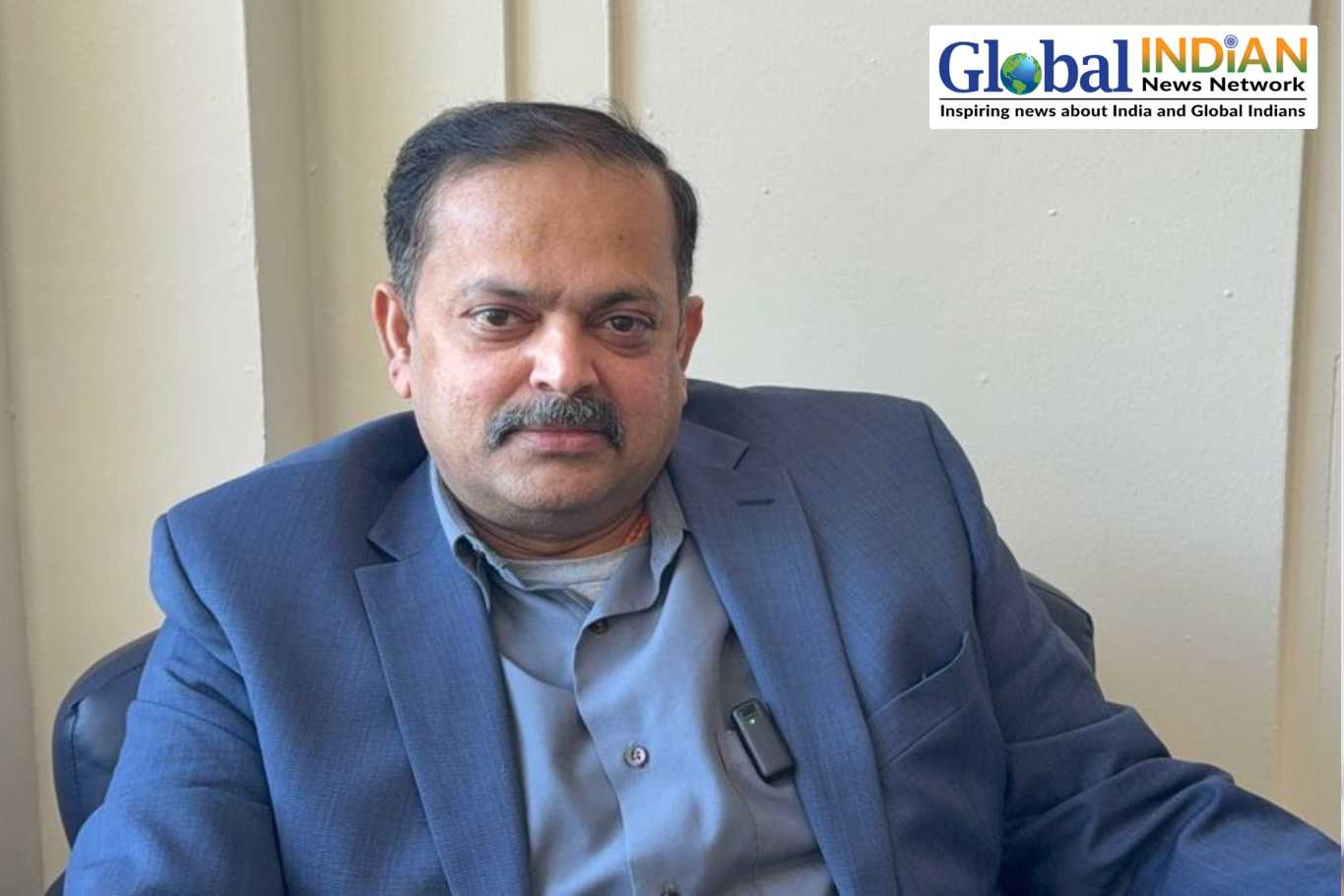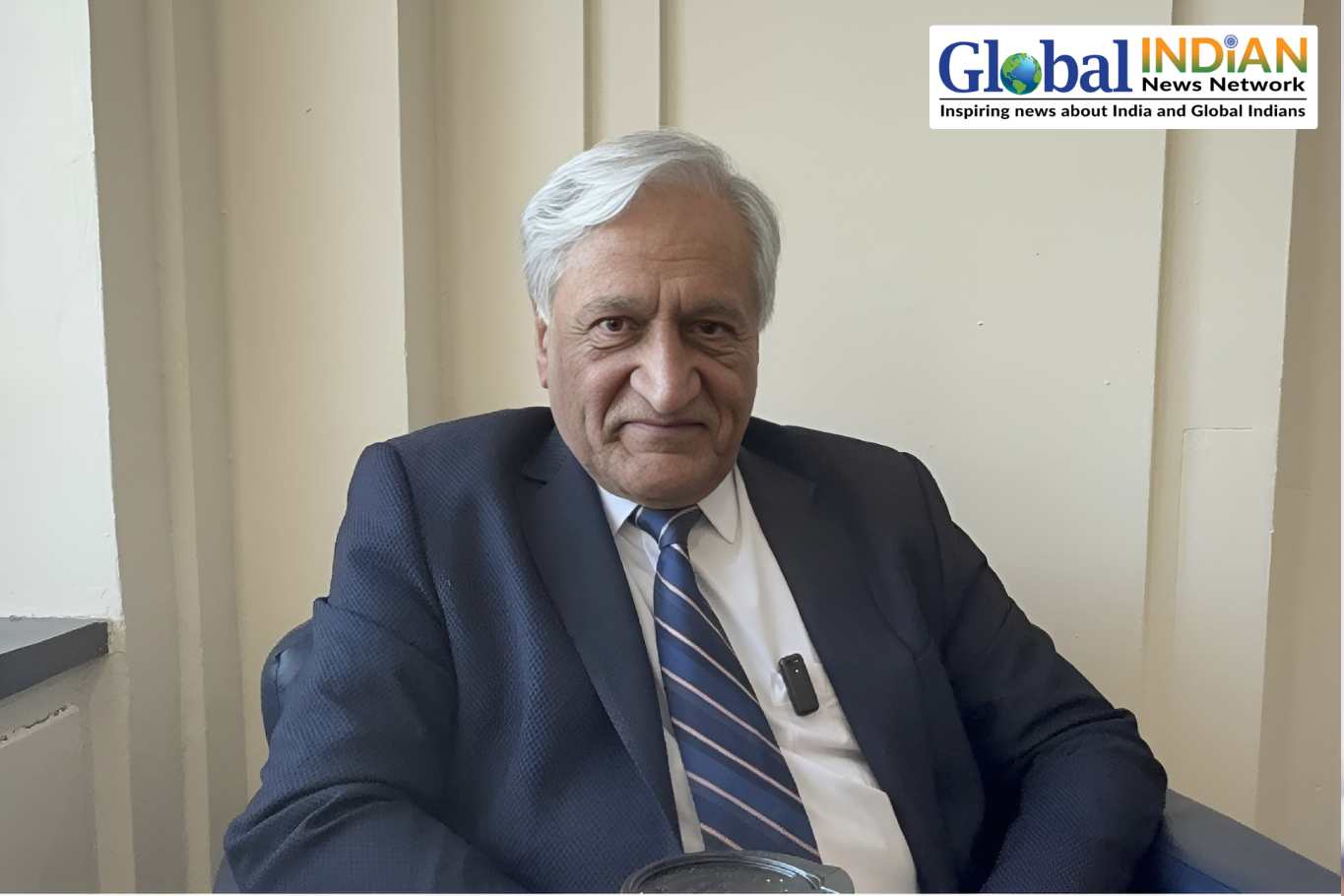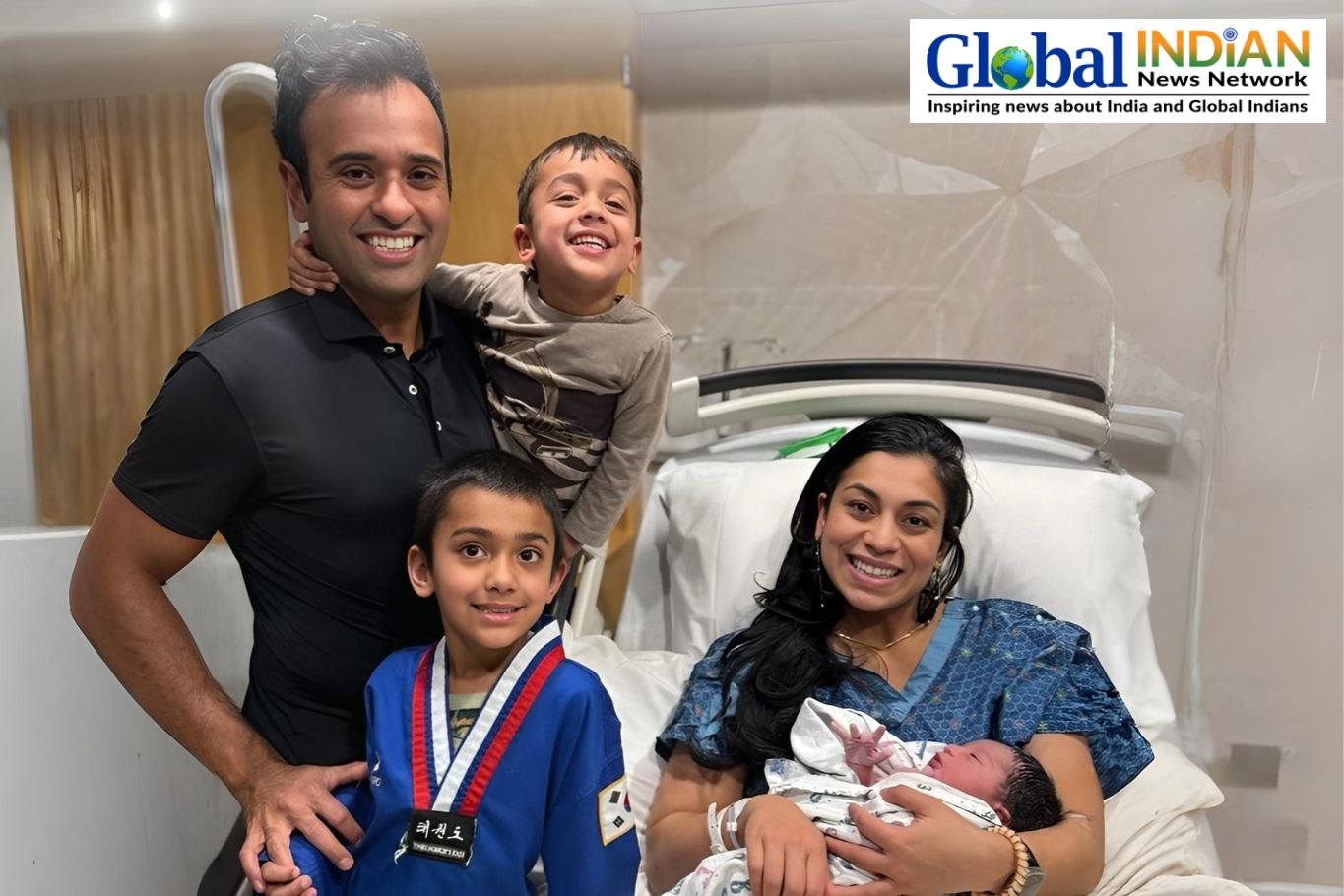
As the US presidential election on November 5, 2024, approaches, there’s a concerted effort to encourage Indian Green Card holders to pursue naturalization. The US government and various advocacy groups are highlighting the benefits of citizenship, including voting rights and full civic participation.
The Naturalization Process
Naturalization, the process by which Green Card holders become US citizens, generally takes between 3 and 5 years. Requirements include residency, good moral character, passing English and civics tests, and pledging allegiance. The application fee is $760, with exemptions for military applicants and a $50 discount for online filings. The average processing time is about 4.9 months, but recent changes could speed this up.
Shekar Narasimhan, Chairman of the AAPI Victory Fund, noted that under President Biden, eligible Green Card holders might achieve citizenship in just three weeks. This expedited process is timely, aligning with the upcoming election and providing a crucial opportunity for Indian Americans to participate fully in the democratic process.
Kamala Harris and the Indian-American Community
Kamala Harris, with her Indian heritage, represents hope and motivation for the Indian-American community. As the daughter of an Indian mother from Chennai, she symbolizes significant representation for over 4.4 million Indian Americans.
Eligibility for US Citizenship
Eligibility factors include residency duration, marital status, and military service. Generally, Green Card holders must have lived in the US for at least five years or three years if married to a US citizen. Military personnel and their families may qualify for expedited naturalization.
Challenges and Considerations
Naturalization involves legal, financial, and personal challenges. The application process requires paperwork, interviews, and tests. Financial barriers, such as the application fee, and the emotional impact of relinquishing original citizenship can be significant. Community organizations play a crucial role in guiding applicants through these challenges.
Steps in the Naturalization Process
1. Application for Naturalization: Submit Form N-400 online or by mail. Fees apply unless exempt.
2. Biometrics Appointment: USCIS schedules fingerprinting for a background check.
3. Citizenship Interview and Exam: Includes an interview and tests on English and US civics.
4. Oath of Allegiance: The final ceremony where you pledge loyalty and receive your Certificate of Naturalization.
Benefits of Naturalization
US citizenship provides numerous benefits:
– Voting Rights: Participate in federal elections.
– Running for Office: Eligibility to hold public office.
– Job Opportunities: Access to roles requiring citizenship.
– Government Assistance: Eligibility for programs like Social Security and Medicare.
– Protection from Deportation: Security against deportation.
– Family Sponsorship: Ability to sponsor family members.
– Automatic Citizenship for Children: Children automatically become US citizens.
– US Passport: Travel benefits and consular support abroad.
Green Card Backlog
Over a million Indians are in line for Green Cards, facing delays due to annual caps and per-country limits. This backlog affects both applicants and their families, delaying access to permanent residency and citizenship.
Green Card Overview
A Green Card grants the right to live and work permanently in the US and is a step toward citizenship. Green Card holders enjoy many rights but must periodically renew their status and cannot vote in federal elections.
Green Card Backlog Data
According to the NFAP, over 1.2 million Indians are waiting for Green Cards in key employment categories. The backlog is due to limits on Green Cards and a 7% per-country cap, impacting countries like India with large populations of skilled professionals.









